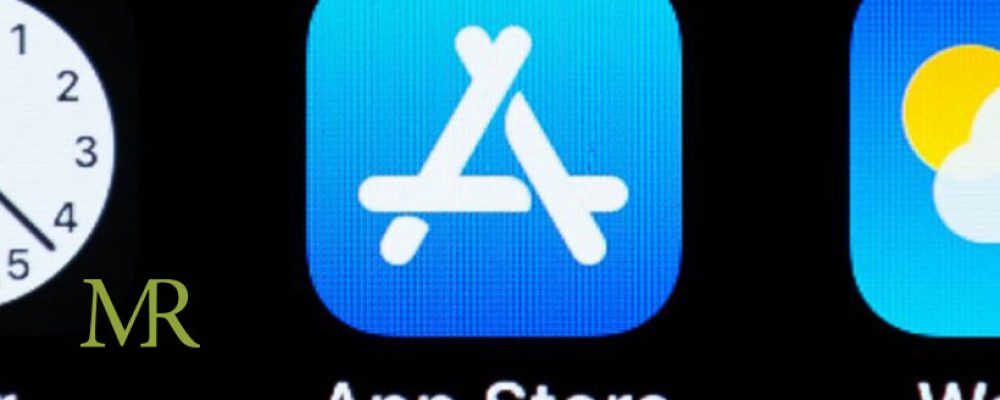Apple has removed its ban on hosting cannabis delivery services on its App store, albeit with some restrictions remaining in place.
As of last month, marijuana delivery apps are available on the App store in jurisdictions that have legalized the plant, so long as the app is submitted by an organization holding a cannabis business license.
Part of Apple’s prior policy against hosting marijuana delivery services reads as follows:
“Apps that encourage consumption of tobacco and vape products, illegal drugs, or excessive amounts of alcohol are not permitted on the App Store. Apps that encourage minors to consume any of these substances will be rejected. Facilitating the sale of controlled substances (except for licensed pharmacies), marijuana, or tobacco is not allowed.”
Changes to the policy are presented in bold below:
“Apps that encourage consumption of tobacco and vape products, illegal drugs, or excessive amounts of alcohol are not permitted on the App Store. Apps that encourage minors to consume any of these substances will be rejected. Facilitating the sale of controlled substances (except for licensed pharmacies and licensed or otherwise legal cannabis dispensaries), or tobacco is not allowed.”
“Apps that provide services in highly-regulated fields (such as banking and financial services, healthcare, gambling, legal cannabis use, and air travel) or that require sensitive user information should be submitted by a legal entity that provides the services, and not by an individual developer. Apps that facilitate the legal sale of cannabis must be geo-restricted to the corresponding legal jurisdiction.”
Google, on the other hand, updated its Android app center policy in 2019 to prohibit services that connect people with marijuana businesses, even if they operate legally according to state law, and there’s no indication that’s set to change.
“We don’t allow apps that facilitate the sale of marijuana or marijuana products, regardless of legality,” Google’s app policy reads. It gives examples of apps “allowing users to order marijuana through an in-app shopping cart feature” or “assisting users in arranging delivery or pick up of marijuana” as services that violate its terms of use. More generally, any service hosted by Google “facilitating the sale of products containing THC (Tetrahydrocannabinol), including products such as CBD oils containing THC” runs counter to the company’s policy.
Google’s anti-cannabis policy extends as far as, at times, hiding or demoting marijuana-related organizations, such as state regulatory bodies and noncommercial cannabis-focused news sites, from its search results, despite the fact such organizations neither promote nor sell marijuana. Though Google has an inflexible marijuana policy in place, its co-founder, Sergey Brin, indicated his approval of marijuana legalization in California at a staff meeting following the 2016 election.
“I was asking if we could serve joints outside on the patio, but apparently these things take a little while to take effect,” Brin said, after California voters approved a ballot measure to legalize cannabis. “It was a huge, huge disappointment. I’ve been bemoaning that all week, I’ll be honest with you.”
Like Google, Facebook also prohibits marijuana businesses from advertising their services on its platform, but Apple doesn’t stand alone in its embrace of marijuana legalization among the Big Four. Amazon recently decided it would no longer test prospective employees for cannabis use, and accompanied the announcement with a statement endorsing a federal bill to decriminalize and regulate marijuana.


